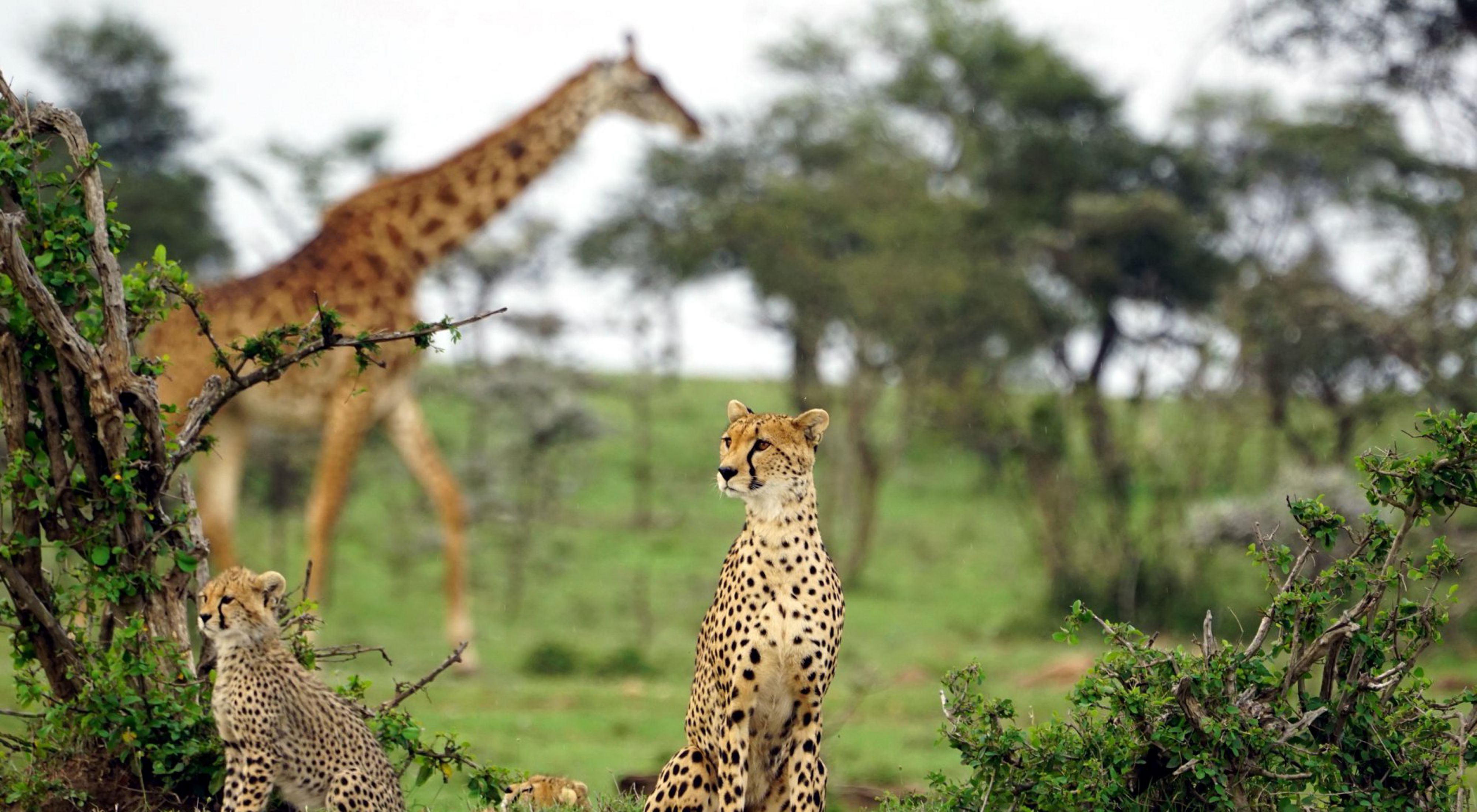Media Contacts
-
Ciaran Clayton
Email: ciaran.clayton@tnc.org
As the health of Earth’s ecosystems sits increasingly on a knife-edge, negotiators from across the world will descend on Nairobi next week to untangle disagreements in the draft text for the post-2020 Global Biodiversity Framework (GBF) – the 10-year, make-or-break roadmap designed to arrest and reverse spiralling rates of nature loss.
This additional Open-Ended Working Group (OEWG) meeting of the United Nations’ Convention on Biological Diversity (CBD) represents an emergency addition to the schedule after the previous round of talks – in Geneva last March – failed to reach the level of consensus necessary across a host of key areas, leaving extensive amounts of text still ‘bracketed’ ahead of CBD-COP15.
The task facing negotiators in Nairobi sounds deceptively straightforward: get those contentious sections of wording to a place where sign-off at the CBD-COP can be formally agreed. As with the parallel UNFCCC climate COP process, below the surface, however, swirl all manner of geopolitical tensions concerning everything from financing conservation sufficiently, to the role of big business, to agricultural subsidies to expanding protected areas, all while ensuring that Indigenous Peoples and Local Communities form a central part of all decision-making processes.
Equally troubling is the fact that as of June 19, governments have not formalized a date and location for these negotiations. Further delays risk further loss of momentum and political will to addressing the biodiversity crisis. Last week, organizations sent a letter urging environment ministers to reach an agreement on firm dates.
Commenting on the need for resolution on these and other issues at Nairobi OEWG, Andrew Deutz – Director of Global Policy, Institutions and Conservation Finance for The Nature Conservancy – said:
“Nobody could have predicted the sequence of postponements and other procedural upheaval inflicted upon the CBD process by the past two years of pandemic-driven uncertainty.
“Valuable momentum has been lost to COVID, despite the best efforts of negotiators to work remotely. While the Geneva face to face talks reintroduced a degree of urgency into the process, its outcomes still left much to be desired in terms of refining the roadmap towards the nature-positive world we so badly need to see.
“CBD negotiators may have found themselves in limbo for much of the past two years, but it seems not everyone received that memo. Illegal loggers didn’t put down their chainsaws. Indigenous Peoples weren’t afforded a two-year break from their ancestral lands being under threat. Nor did unsustainable businesses suddenly abandon harmful practices wholesale, nor investors shift their portfolios overnight into nature-friendly investments. And the climate emergency – still the single biggest long-term threat to Earth’s biodiversity – certainly didn’t slow down either.
“For all these reasons, we urgently need Nairobi to inject fresh momentum on the road to CBD-COP15 – and we desperately need the CBD’s Bureau - its procedural decision-making body - to agree on firm dates and venue for the COP to take place this year. In the absence of a hard deadline, negotiators lack the incentive to reach compromises.
“The science shows we’re running out of time to alter the trajectory of biodiversity loss – what happens in Kenya over the next two weeks will be a crucial barometer of whether we can make progress for people, prosperity, and the planet.”
The Nature Conservancy is a global conservation organization dedicated to conserving the lands and waters on which all life depends. Guided by science, we create innovative, on-the-ground solutions to our world’s toughest challenges so that nature and people can thrive together. We are tackling climate change, conserving lands, waters and oceans at an unprecedented scale, providing food and water sustainably and helping make cities more sustainable. Working in more than 70 countries and territories, we use a collaborative approach that engages local communities, governments, the private sector, and other partners. To learn more, visit nature.org or follow @nature_press on Twitter.
